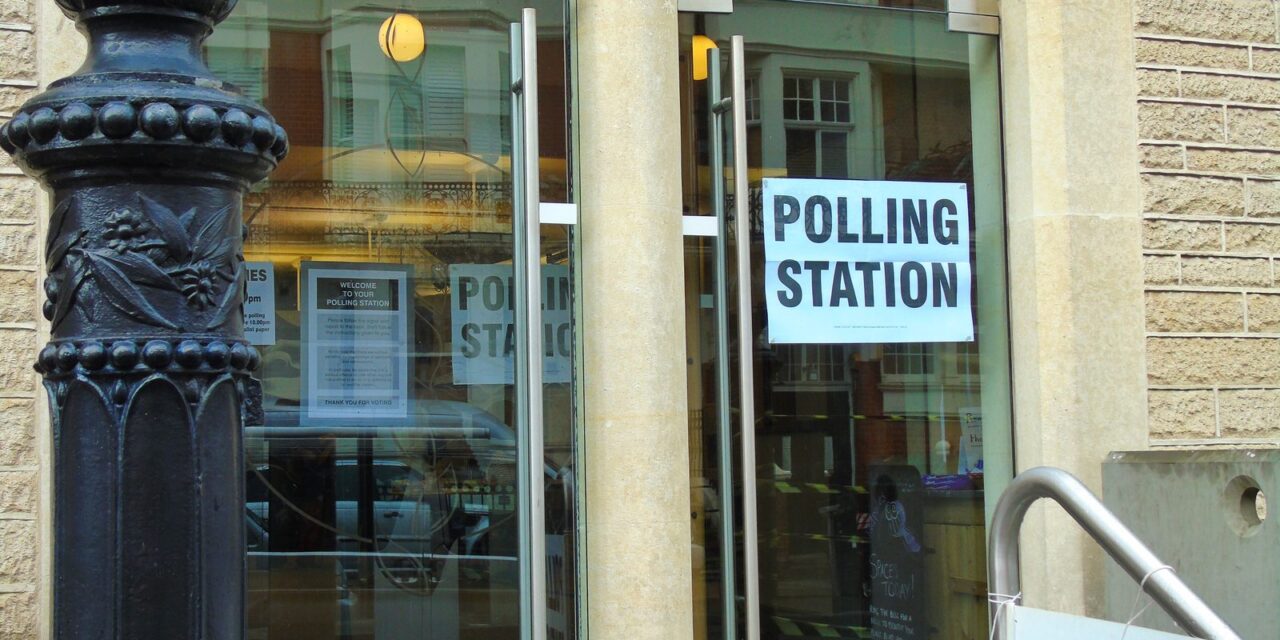When it comes to midterm election prognosticating, it’s helpful to looks at demographic trends and polling data, but, at least when it comes to the House of Representatives, you need to focus on the make-up of the districts. Growth of the minority population, higher minority turnout, and less support from minorities for Republican candidates would be unwelcome developments for the GOP, but those factors would also be unlikely to change the outcome in more than a small handful of House elections. That’s because most Republican-held districts have relatively few minorities and the whites are reliably Republican. If the Republicans are really in jeopardy of losing control of the House, it’s because they’re losing the support of people who they used to be able to depend upon for support.
That’s where their handling of the budget, economy, retirement programs, health care, farming, and even transportation, could become a problem. Historically, no organization has been more closely aligned with the Republican Party than the national Chamber of Commerce, but that has to be about to change considering that the modern GOP simply refuses to do its bidding anymore. The Chamber wants immigration reform, but it also wants more transportation spending and opposes a government shutdown or imposition of the debt limit.
The agricultural industry is another source of strength of the GOP, especially considering that the Republicans dominate in rural areas. But failing to produce a Farm Bill is enraging farmers.







